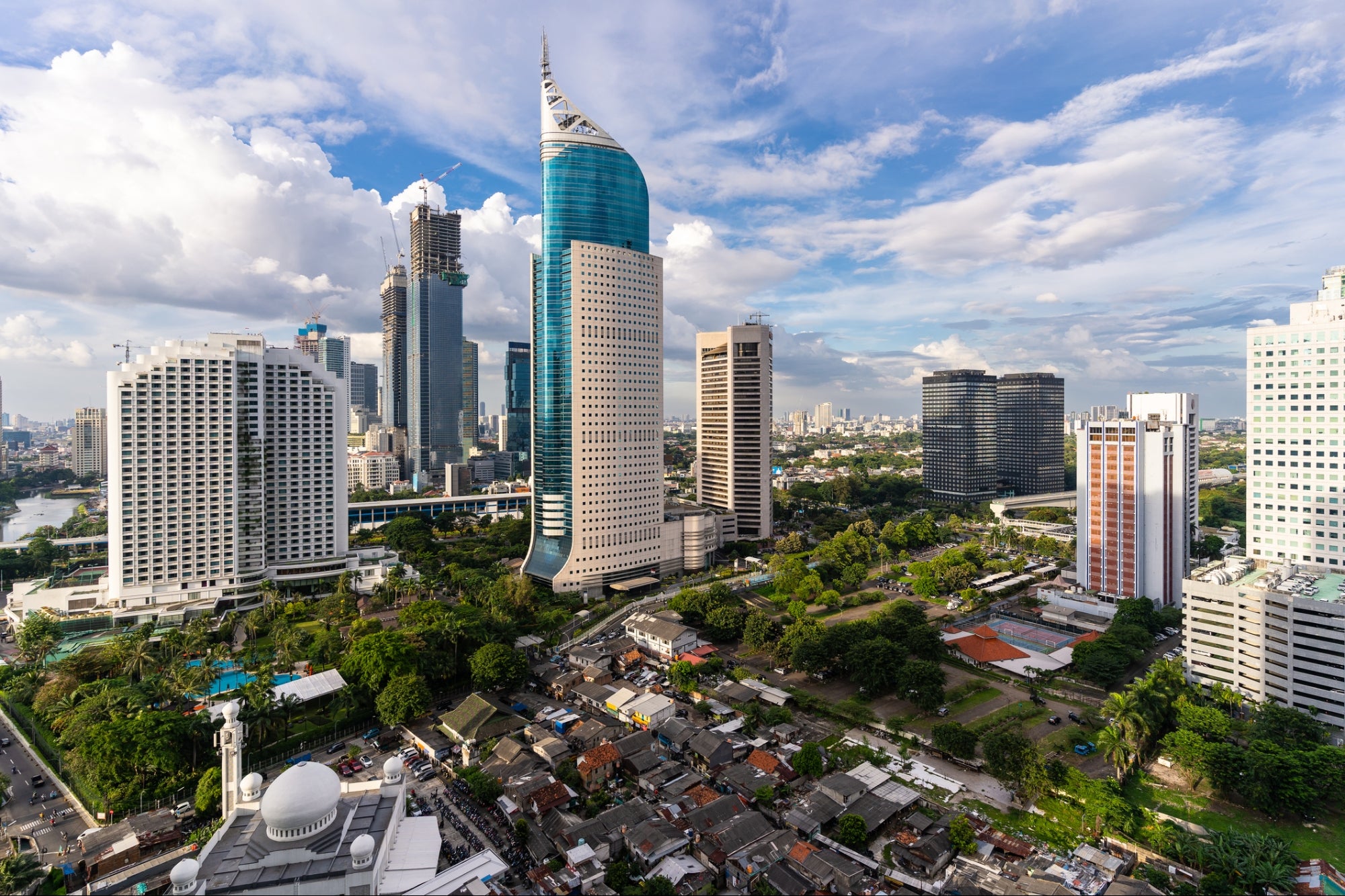4 Things All Entrepreneurs Must Know Before They Enter The Indonesian Market

Opinions expressed by Entrepreneur contributors are their own.
Indonesia is an island nation with a total population of nearly 300 million inhabitants and an ever-growing consumer class. It consists of 17,000 islands spread over an area of almost 2 million kilometers — all of which revolve around a strong central hub — namely, Java.
As the most populous island of Indonesia, it has a significant influence on the nation’s economy. And therefore, it can be considered the ‘gateway’ to the rest of the country.
No city in Indonesia proves this point better than Jakarta. This Javan megacity is home to many multinational corporations, headquarters, and venture capital funds, which include prominent names such as Golden Gate Ventures, Sovereign’s Capital, and Alpha JWC Ventures, among many others.
Indonesia provides a solid startup foundation for venture capital and technological innovation. And it presents the perfect environment to build and secure strong partnerships and investments. But even though there is great potential here, there are, of course, unique factors that every entrepreneur should consider beforehand. And 4 of the most important are as follows.
Related: What Makes Indonesia the Fastest Rising E-commerce Country
1. Linguistics, culture and religion
Indonesia is divided into many islands spread out over a large area. Because of this, there is great diversity throughout the nation. In total, there are 1,300 ethnic groups. And while Bahasa Indonesia is the country’s first official language, each region can contain its own linguistic variations.
Entrepreneurs must be ready to localize marketing materials and provide customer support in multiple languages to improve accessibility and engagement. This linguistic diversity also extends to cultural diversity. And so, sensitivity and respect must be carefully exercised for marketing strategies, product development and customer interactions.
What’s more, Indonesia is home to the world’s largest Muslim population, which means that businesses here need to show religious respect and develop a deep understanding of Islamic beliefs, practices and traditions.
Related: Why Tech is the Future of Education in Indonesia
2. Social dynamics and business practices
Local connections and strong, well-maintained relationships are extremely important to succeed in the Indonesian market. However, this can be difficult to achieve when there is a general attitude of caution toward foreigners, especially in the context of trustworthiness.
Islamic business culture strongly influences the market, which emphasizes the creation of value for the common good over and above profit. The focus here is on social responsibility, philanthropy, sustainable practices, ethical conduct, partnerships, Sharia-compliant finance and social entrepreneurship.
Trust is earned in Indonesia. Never expected. And the best way to do that is to enter the market with ‘good faith’ intentions that align with the business culture.
Related: Want to Earn Trust? Don’t Break Any of These 4 Links in the Chain of Credibility.
3. Climate
Indonesia is known for its hot, humid, and rainy weather, with average yearly temperatures at around 24°C. Expats from other climates might find it difficult to adapt to life here, which can, in turn, affect their productivity.
As a likely result of this warmer climate, Indonesia’s pace of life is generally slower than other parts of the world. And that extends to business, too. There is a more relaxed approach to time management, which might initially frustrate entrepreneurs who are new to the market and eager to begin their business journeys.
Adaptation is what is essential in Indonesia. Learn to make this way of life work for you.
Related: Opportunities and Challenges for Entrepreneurs Thinking About Indonesia’s Solar Energy Sector
4. Geography
Because its many islands are spread over a vast area, logistics and supply chains can be very challenging for businesses that wish to expand beyond the Java-Bali region.
Implementing more complex transport and delivery systems that combine air, sea and land vehicles might become very necessary.
However, as stated earlier, Java is the key to the rest of Indonesia. Any desire to operate elsewhere in the country will likely require some form of interaction with it or through it, whether for legal, bureaucratic or practical reasons. Therefore, it is highly recommended that solid foundations be built on Java. No matter what one’s business plans are for Indonesia as a whole. This is especially true for its capital, Jakarta.
Related: Why Businesses with Remote Teams in Southeast Asia are Thriving
Conclusion
In summary, entrepreneurs looking to enter the Indonesian market should prioritize establishing a strategic presence in Jakarta. Success in this diverse business environment requires adapting to local culture, building trust and navigating unique challenges. A systematic and culturally sensitive approach and strategic planning will be essential for tapping into Indonesia’s opportunities.


